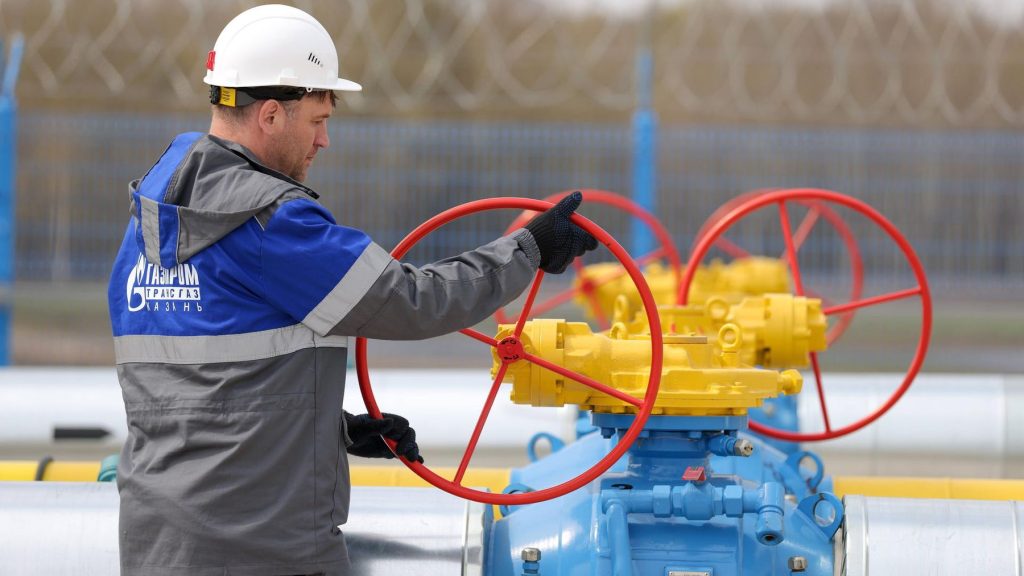
What an abrupt gas embargo would mean for Germany
While economists led by the economist Rüdiger Bachmann, who teaches in the USA, came to the conclusion that a gas embargo would be quite bearable for the German economy, the director of the IMK, Sebastian Dullien, among others, held against it and warned, like Krebs, of a sharp decline in economic output. In response, other experts accused him and other critics of a quick gas stop of lobbying in the interests of companies where a gas stop threatens jobs.
As an independent ECONOMICS professor at the University of Mannheim, Krebs is unlikely to experience such accusations – despite the IMK’s support for his work. In his study, he even goes one step further and warns: it “could also lead to an economic crisis, such as (Western) Germany has not experienced since the Second World War”. In German industry, according to the data, natural gas is mainly used in these six branches:
Serious social consequences are expected
Chemistry, in particular basic chemistry, metal production and processing as well as foundry, glass and ceramics, stones and earths, nutrition, the paper industry and mechanical engineering and vehicle construction. “For these industries, natural gas is an essential and difficult-to-replace input factor in the production process,” Krebs writes.
The social consequences of such a sharpened energy crisis would most likely be more serious than in 2009 or 2020, the economist estimates. For example, after two pandemic years, the German economy is already under stress due to global supply chain problems and the pressure to transform due to climate change.
This could lead to increased bankruptcies or production relocations and a significant increase in unemployment. On the other hand, the possibilities of economic and monetary policy to counteract this are very limited in view of the already greatly increased spending to cushion the corona crisis and high inflation. The price shocks for energy and food also affect “mainly the lower and middle incomes, so that social tensions are exacerbated”.
